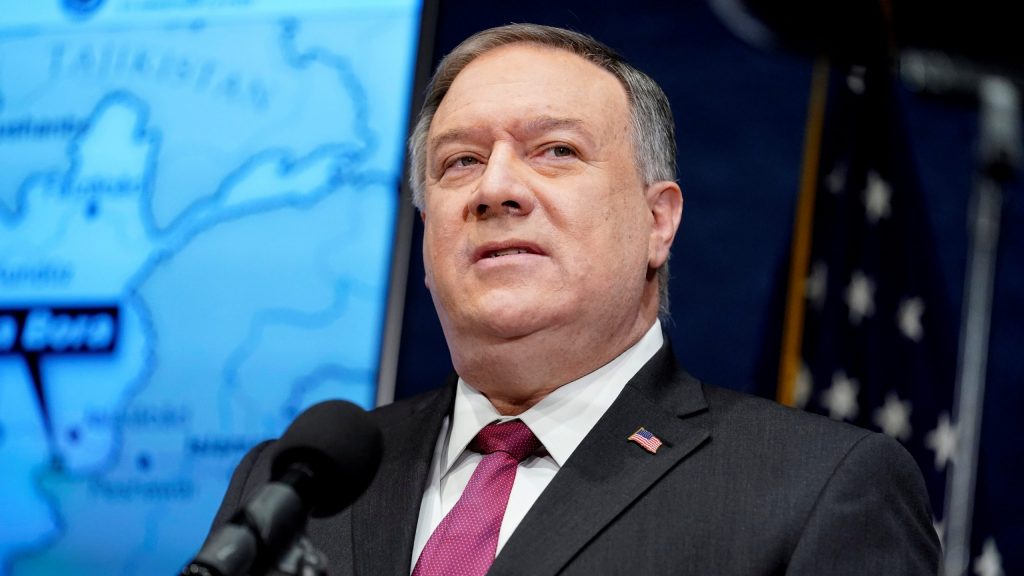The US bishops’ chair for international justice and peace has expressed his disagreement with the State Department’s return of Cuba to a list of state sponsors of terrorism.
The decision was based in part on Cuba’s provision of haven to Colombian rebel leaders and fugitives from US justice, as well as Cuba’s support of Nicolas Maduro, the disputed president of Venezuela, who is not recognized by the US.
“As Chairman of the USCCB Committee on International Justice and Peace, I would like to express my profound disagreement with Secretary Pompeo's decision to add Cuba to the list of state sponsors of terrorism,” Bishop David Malloy of Rockford said Jan. 12.
“As our committee has said many times, we need more relations between the United States and Cuba, not less, in order to construct mutually beneficial trade, cultural, and scientific ties that will yield a lasting prosperity for both our nations. I pray that we never tire of working towards these goals and that both sides recognize the need for friendship and collaboration,” he stated.
“For decades, in conjunction with the Holy See and the majority of the international community, the United States Conference of Catholic Bishops has urged collaboration and mutually beneficial relations between the United States and Cuba, as well as the full lifting of the economic embargo against the island nation.”
In announcing the designation of Cuba Jan. 11, US Secretary of State Mike Pompeo said it has provided “support for acts of international terrorism in granting safe harbor to terrorists.”
He cited Cuba’s refusal to extradite 10 leaders of a Colombian rebel group which bombed a police academy in January 2019, and its harboring of at least three US fugitives.
The Secretary of State noted that by May 2020 the State Department had certified Cuba as not cooperating fully with US counterterrorism efforts.
Pompeo added that “the Cuban intelligence and security apparatus has infiltrated Venezuela’s security and military forces, assisting Nicholas [sic] Maduro to maintain his stranglehold over his people while allowing terrorist organizations to operate. The Cuban government’s support for FARC dissidents and the ELN continues beyond Cuba’s borders as well, and the regime’s support of Maduro has created a permissive environment for international terrorists to live and thrive within Venezuela.”
Cuba’s status as a state sponsor of terror “subjects Cuba to sanctions that penalize persons and countries engaging in certain trade with Cuba, restricts U.S. foreign assistance, bans defense exports and sales, and imposes certain controls on exports of dual use items,” Pompeo said.
Cuba had been removed from the list in 2015 by the Obama administration; it had first been placed there in 1982 under Ronald Reagan.
After Sudan was recently removed, only three other countries are included on the list of a state sponsor of terrorism: North Korea, Syria, and Iran.
Cuban Foreign Minister Bruno Rodríguez Parrilla condemned the U.S. action in a tweet on Monday, calling it “hypocritical and cynical” and characterizing it as “political opportunism”.

